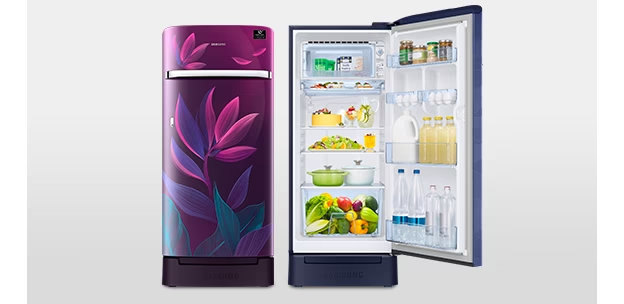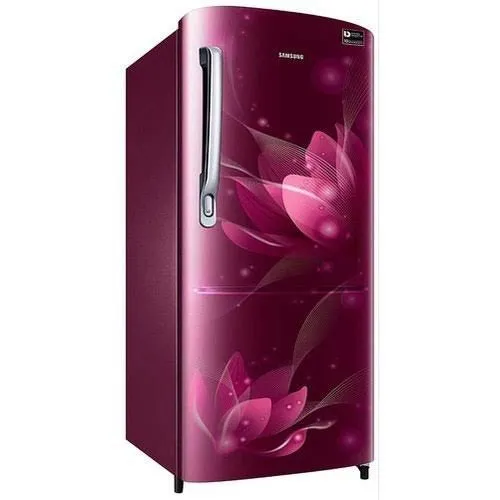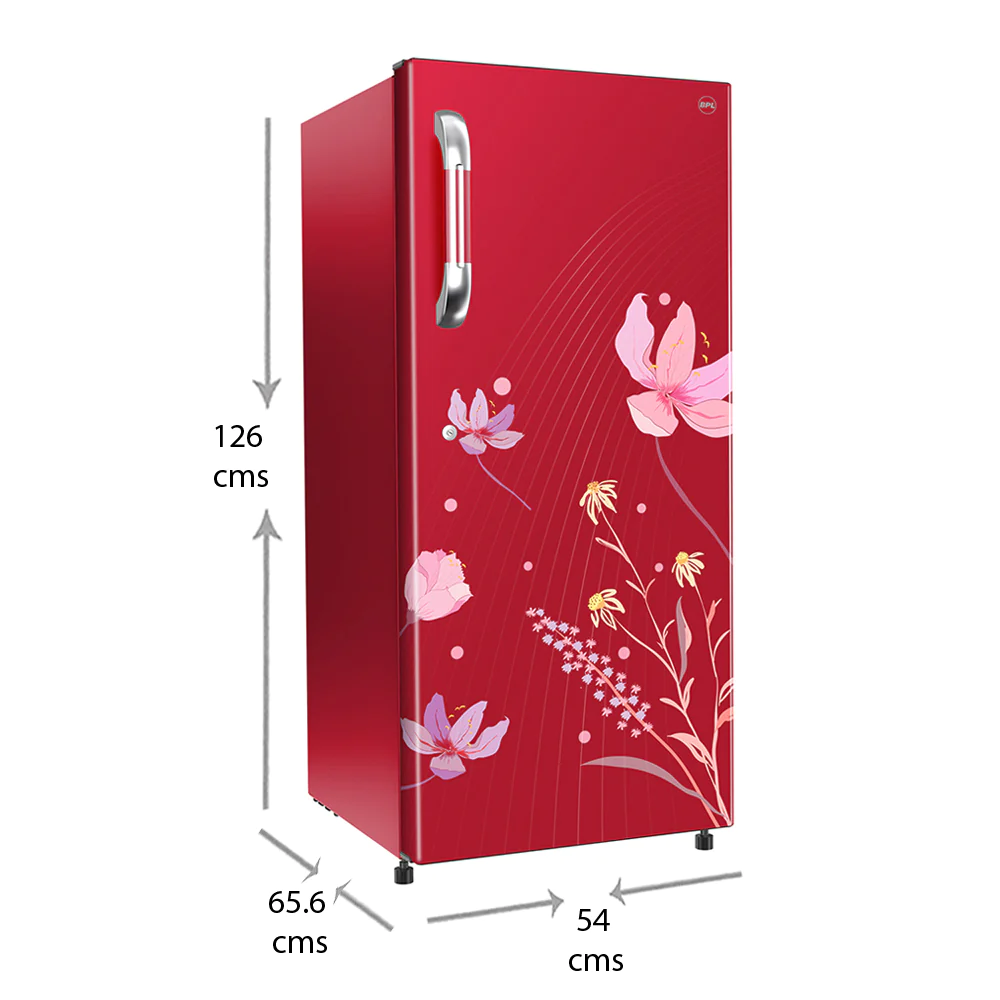Fridge in Sector 83, Gurgaon
The refrigerator, often affectionately referred to as the "fridge," is a cornerstone appliance in modern households. Its primary function is to preserve and cool food items, extending their shelf life and maintaining freshness. Let's delve into the various aspects of this indispensable kitchen appliance.
1. Evolution of the Fridge:
- The concept of refrigeration dates back centuries, but the modern refrigerator as we know it emerged in the early 20th century.
- Early refrigerators utilized ice blocks or chemical refrigerants to create a cooling effect.
- The introduction of electric refrigerators revolutionized food preservation, making it more accessible and convenient for households.
2. Anatomy of a Fridge:
- Compressor: This component circulates refrigerant through the system, creating a cooling effect.
- Condenser Coils: Located at the back or bottom of the fridge, these coils dissipate heat from the refrigerant, cooling it down.
- Evaporator Coils: These coils are typically located inside the fridge and are responsible for absorbing heat from the interior, keeping it cool.
- Thermostat: Regulates the temperature inside the fridge, ensuring optimal cooling conditions.
- Shelves and Drawers: Provide storage space for organizing food items. Adjustable shelves allow for customization based on item size.
- Door Compartments: These compartments are designed to store condiments, beverages, and frequently accessed items for easy retrieval.
- Seals and Gaskets: Ensure a tight seal when the door is closed, preventing cold air from escaping and warm air from entering.
3. Efficient Food Storage:
- Proper organization of food items within the fridge is essential for maintaining freshness and preventing spoilage.
- Perishable items such as dairy, meats, and produce should be stored at recommended temperatures to prolong their shelf life.
- Utilize crisper drawers for storing fruits and vegetables, as they help maintain optimal humidity levels.
4. Maintenance and Care:
- Regular cleaning of the interior, shelves, and compartments helps prevent odors and bacterial growth.
- Check and replace door seals if they show signs of wear or damage to maintain energy efficiency.
- Vacuum or brush condenser coils to remove dust and debris, ensuring efficient cooling performance.
- Keep the fridge well-organized to facilitate airflow and temperature regulation.
5. Energy Efficiency:
- Modern refrigerators are designed with energy-efficient features to reduce electricity consumption.
- Energy Star-rated appliances meet strict efficiency guidelines, helping homeowners save on energy costs while minimizing environmental impact.
6. Smart Refrigeration:
- Recent advancements in technology have led to the development of smart refrigerators equipped with features such as temperature monitoring, inventory tracking, and Wi-Fi connectivity.
- Smart fridges offer convenience and enhanced functionality, allowing users to remotely control settings and receive notifications.
The refrigerator plays a vital role in preserving food, promoting food safety, and enhancing convenience in everyday life. Understanding its components, maintenance requirements, and efficiency features empowers users to make the most of this essential kitchen appliance.
Reviews

Aftab Husain
"Great service! My fridge was leaking water, and they fixed it in no time. The technician was friendly, explained the problem clearly, and ensured everything was working before leaving. Fast, reliable, and affordable—definitely calling them again for any future issues!"

Mr. Naim
"Excellent fridge repair service! My refrigerator had stopped cooling, and the technician arrived quickly, diagnosed the issue, and fixed it efficiently. Professional, knowledgeable, and reasonably priced. Now my fridge works perfectly again! Highly recommended!"





 Fridge in Sector 83, Gurgaon / view location
Fridge in Sector 83, Gurgaon / view location  2 guests
2 guests


